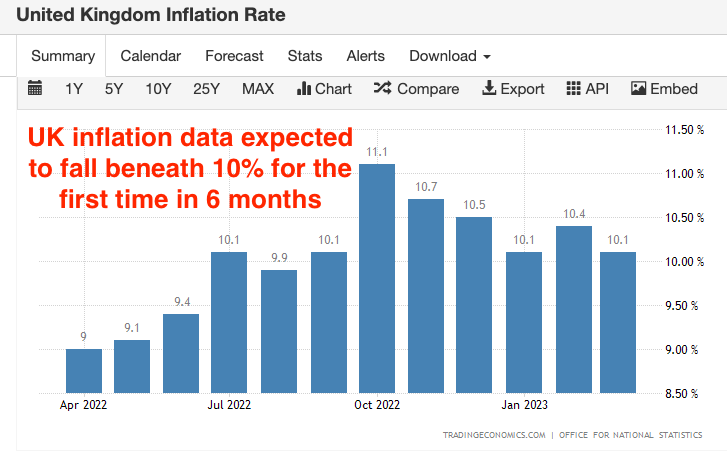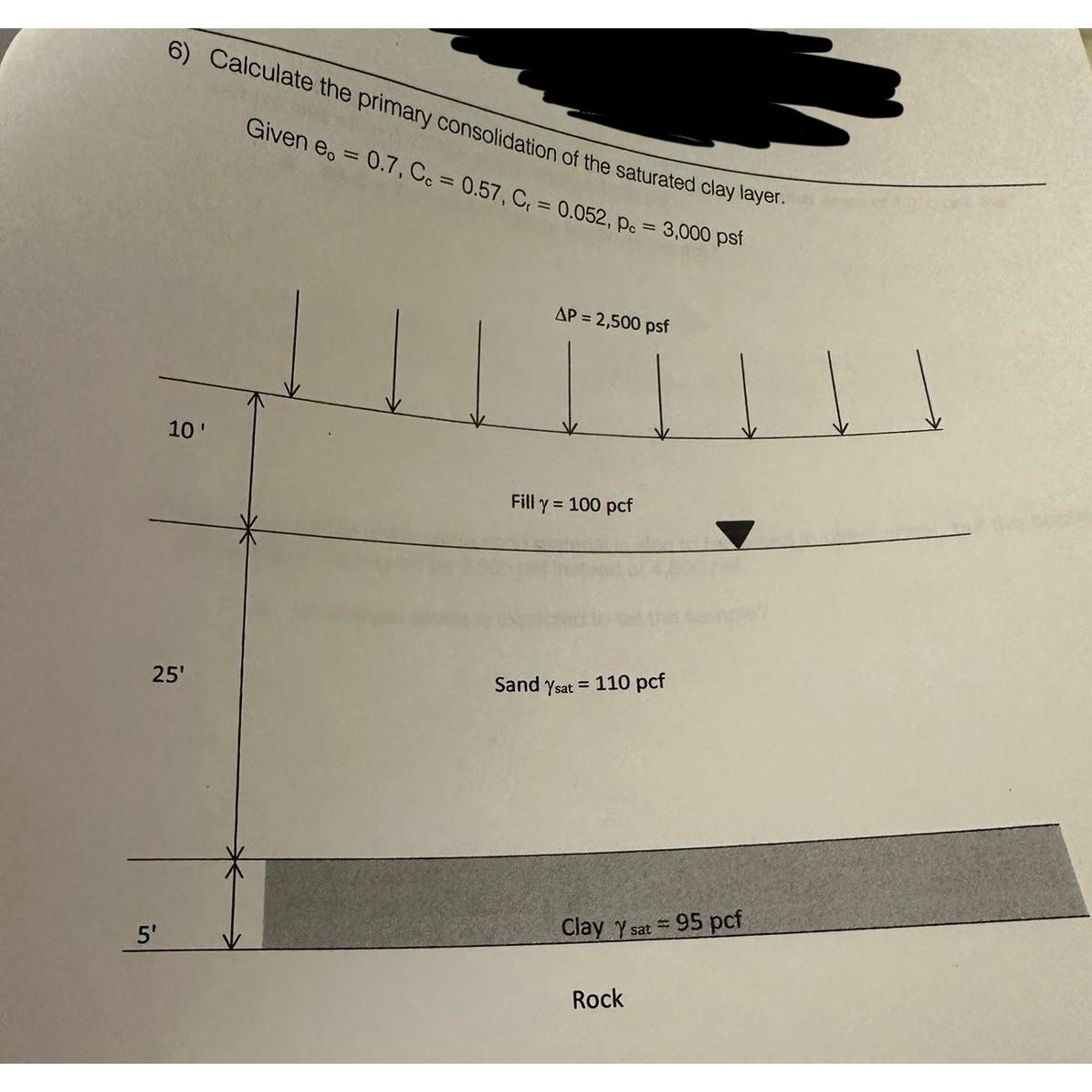Unlocking Potential: The Critical Role Of Middle Managers In Modern Organizations

Table of Contents
Bridging the Gap: Communication and Collaboration Between Leadership and Employees
Effective middle managers serve as a crucial bridge between leadership and frontline employees. Their ability to facilitate clear, consistent communication and foster a collaborative environment is paramount to organizational success.
Effective Communication Strategies
Clear, concise, and consistent communication is the cornerstone of effective middle management. Middle managers must be adept at communicating both upwards (to senior leadership) and downwards (to their teams). This requires a multi-faceted approach:
- Regular team meetings: Scheduled meetings provide a platform for updates, discussions, and addressing concerns.
- Open-door policies: Creating an environment where employees feel comfortable approaching their manager with questions or concerns fosters trust and open communication.
- Transparent reporting: Providing regular, honest updates to both senior leadership and team members ensures everyone is on the same page.
- Active listening: Truly hearing and understanding employee perspectives is crucial for building strong relationships and resolving conflicts.
- Utilizing communication tools effectively: Leveraging project management software, instant messaging, and other tools enhances efficiency and transparency.
Miscommunication can lead to decreased productivity, low morale, and even project failures. Mastering effective communication strategies is crucial for mitigating these risks and building a strong, cohesive team.
Fostering Collaboration and Teamwork
Middle managers play a pivotal role in building a collaborative work environment. They must actively promote teamwork and facilitate cross-functional collaboration. This can be achieved through:
- Team-building activities: Engaging activities can strengthen team bonds and improve communication.
- Conflict resolution: Effectively mediating disagreements and fostering healthy conflict resolution processes is key to maintaining a positive work environment.
- Promoting cross-functional collaboration: Encouraging interaction and collaboration between different departments can lead to innovative solutions and improved efficiency.
- Creating shared goals: Establishing clear, shared goals ensures everyone is working towards a common objective, fostering a sense of unity and purpose.
Collaboration drives innovation, improves problem-solving capabilities, and enhances overall team performance. By cultivating a collaborative culture, middle managers directly contribute to the organization's success.
Developing and Empowering Teams: Talent Management and Mentorship
Effective middle managers are not just supervisors; they are talent developers and mentors. Their role in identifying, nurturing, and retaining talent is crucial for organizational growth.
Identifying and Nurturing Talent
Identifying high-potential employees and providing them with opportunities for growth is a key responsibility of middle managers. This includes:
- Performance reviews: Regular performance reviews provide valuable feedback and identify areas for improvement and growth.
- Mentoring programs: Mentorship provides guidance and support, helping employees develop their skills and advance their careers.
- Skill development initiatives: Providing opportunities for training and development enhances employee capabilities and increases their value to the organization.
- Providing challenging assignments: Delegating challenging tasks allows employees to grow their skills and demonstrate their potential.
- Promoting from within: Promoting talented employees from within fosters loyalty and demonstrates a commitment to employee development.
Talent retention is equally important. Middle managers play a vital role in preventing employee burnout and creating a positive work environment that encourages employees to stay.
Effective Performance Management and Feedback
Regular and constructive feedback is essential for employee development and improved performance. Middle managers should utilize various methods:
- Regular one-on-one meetings: Provides a dedicated time for feedback, goal setting, and addressing concerns.
- 360-degree feedback: Gathering feedback from multiple sources provides a well-rounded perspective on employee performance.
- Setting clear expectations and goals: Ensuring that employees understand their roles and responsibilities is vital for success.
- Offering support and guidance: Providing ongoing support and guidance helps employees overcome challenges and achieve their goals.
Effective performance management boosts employee motivation, increases productivity, and fosters a culture of continuous improvement.
Driving Innovation and Adaptability: Embracing Change and Fostering a Culture of Continuous Improvement
In today's rapidly changing business environment, adaptability is key. Middle managers play a crucial role in guiding their teams through periods of change and fostering a culture of continuous improvement.
Adapting to Change and Navigating Uncertainty
Middle managers are on the front lines of change implementation. Their ability to navigate uncertainty and support their teams is crucial:
- Communicating changes effectively: Transparency and clear communication are vital during periods of change to minimize anxiety and resistance.
- Fostering resilience: Helping team members develop coping mechanisms and resilience to navigate challenges is essential.
- Supporting employees during transitions: Providing support and guidance during periods of transition can ease the stress and uncertainty associated with change.
- Embracing new technologies and processes: Encouraging the adoption of new technologies and processes enhances efficiency and competitiveness.
Proactive adaptation, guided by effective middle management, is essential for organizational survival and growth.
Promoting a Culture of Continuous Improvement
Middle managers should foster a culture where continuous learning and improvement are valued:
- Encouraging feedback: Creating a safe space for feedback from all levels helps identify areas for improvement.
- Implementing best practices: Adopting and implementing best practices enhances efficiency and quality.
- Identifying areas for improvement: Regularly reviewing processes and identifying areas for improvement is crucial for ongoing optimization.
- Celebrating successes: Recognizing and celebrating successes, both big and small, boosts morale and reinforces positive behaviors.
- Utilizing data and analytics: Using data to inform decisions and track progress ensures continuous improvement efforts are effective.
A culture of continuous improvement drives efficiency, enhances quality, and boosts employee morale, leading to significant gains in organizational performance.
Conclusion
Effective middle managers are essential for organizational success. They bridge the gap between leadership and employees, develop and empower their teams, and drive innovation and adaptability. Their contributions are vital to unlocking the full potential of an organization. Investing in developing your effective middle management through targeted training, robust mentorship programs, and the provision of the necessary resources and support is not just an investment; it’s a strategic imperative for driving organizational growth. By empowering middle managers and fostering a supportive environment, organizations can unlock unprecedented levels of productivity, innovation, and employee engagement – ultimately leading to sustained success and the development of strong middle management leadership.

Featured Posts
-
 Horoscopo De La Semana Del 4 Al 10 De Marzo De 2025 Consulta Tu Signo
May 23, 2025
Horoscopo De La Semana Del 4 Al 10 De Marzo De 2025 Consulta Tu Signo
May 23, 2025 -
 Uk Inflation Data Sends Pound Higher As Boe Rate Cut Expectations Diminish
May 23, 2025
Uk Inflation Data Sends Pound Higher As Boe Rate Cut Expectations Diminish
May 23, 2025 -
 Understanding Big Rig Rock Report 3 12 And Laser 101 7
May 23, 2025
Understanding Big Rig Rock Report 3 12 And Laser 101 7
May 23, 2025 -
 Cook Selected For Englands Zimbabwe Test Tour
May 23, 2025
Cook Selected For Englands Zimbabwe Test Tour
May 23, 2025 -
 Zimbabwe Complete First Away Test Win Since 2021 Sylhet Thriller
May 23, 2025
Zimbabwe Complete First Away Test Win Since 2021 Sylhet Thriller
May 23, 2025
Latest Posts
-
 Bjk Cup Kazakhstan Wins Australia Eliminated
May 23, 2025
Bjk Cup Kazakhstan Wins Australia Eliminated
May 23, 2025 -
 Smotret Onlayn Rybakina Srazhaetsya Za 4 Milliarda Na Turnire
May 23, 2025
Smotret Onlayn Rybakina Srazhaetsya Za 4 Milliarda Na Turnire
May 23, 2025 -
 Australias Bjk Cup Run Ends Kazakhstan Reaches Finals
May 23, 2025
Australias Bjk Cup Run Ends Kazakhstan Reaches Finals
May 23, 2025 -
 Pryamaya Translyatsiya Rybakina Protiv Eks Tretey Raketki Mira Za 4 Milliarda
May 23, 2025
Pryamaya Translyatsiya Rybakina Protiv Eks Tretey Raketki Mira Za 4 Milliarda
May 23, 2025 -
 Final Kubka Billi Dzhin King Kazakhstan Prodolzhaet Pobednuyu Seriyu
May 23, 2025
Final Kubka Billi Dzhin King Kazakhstan Prodolzhaet Pobednuyu Seriyu
May 23, 2025
